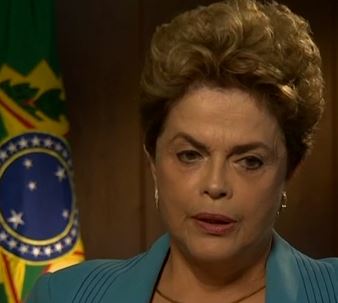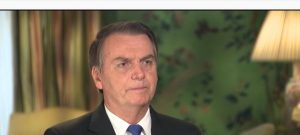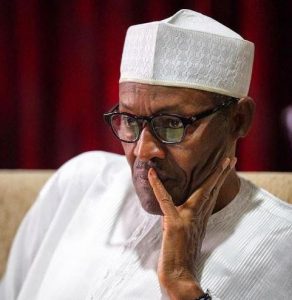
CNN: Suspended Brazilian President Dilma Rousseff didn’t mince words as she began the fight of her political life Thursday.
15-minute soapbox
The senators were each given 15 minutes to speak, with a buzzer indicating when their time was up. Seventy-one of the house’s 81 members took the opportunity to have their voices heard.
Former President Fernando Collor de Mello, himself impeached by the senate in 1992, said he feels the country has “regressed politically.”
His colleague, Armando Monteiro, said that the impeachment was politically motivated and will set a dangerous precedence.
“We will, indeed, be promoting a rupture in the nation’s institutional order.”
Why was the motion against Rousseff considered?
Corruption allegations have been dogging Rousseff’s administration since 2011.
A sweeping investigation into a multimillion-dollar kickback scheme at the state-run oil company Petrobras embroiled dozens of the country’s leading businessmen and politicians. While she isn’t accused directly of profiting, Rousseff was the chairwoman of Petrobras during many of the years of the alleged corruption.
In December, a bid to impeach Rousseff was launched by the then-speaker of the lower house of Congress, Eduardo Cunha, who argued that the President was guilty of breaking budgetary laws by borrowing from state banks to cover a shortfall in the deficit and pay for social programs in the run-up to her 2014 re-election.
She has been also blamed for the worst recession since the 1930s, now in its second year.
Sen. Waldemir Moka told the upper house during his allotted time that, if the impeachment trial is successful,the future president will assume a government with a 250 billion Brazilian Real debt ($72.5 billion) according to conservative projections, with the possibility of being up to 600 billion Real ($174 billion).
Olympic dreams shattered
The spell on the sidelines puts Rousseff out of commission when her country hosts the Olympics in August — a showcase event that she’s worked on since the beginning of the bid process — and leaves her battling to save her political future and finish out her term.
When the investigation ends — which could be as late as November — the process returns to a special Senate committee.
At that point, Rousseff will have 20 days to present her case. Following that, the committee would vote on a final determination and then present it for a vote in the full Senate.
It will take a two-thirds majority to remove the President from office.
Why is Brazil in such a mess?
Along with the precarious state of the Brazilian economy — the country faces a crippling recession that has left hundreds of thousands unemployed and thousands of businesses closed, while inflation has gone through the roof — the country faces a number of other, high-profile challenges, from dealing with the Zika virus to a fraught 2016 Olympics, which are due to open in Rio de Janeiro in August.
That’s if they even open. One doctor, Amir Attaran of the University of Toronto, says the risk of the virus in the city is too great, and has urged authorities to postpone or relocate the showcase event in an effort to curb the spread of the epidemic.
Meanwhile, former Brazil soccer legend Rivaldo has said the country is getting “more ugly” and has warned visitors to “stay away,” citing the violence in the city.
Whatever happens, it is unlikely to be an entirely smooth process. Rousseff’s supporters have vowed to take to the streets in retaliation, ensuring a long, and potentially messy, battle ahead.




